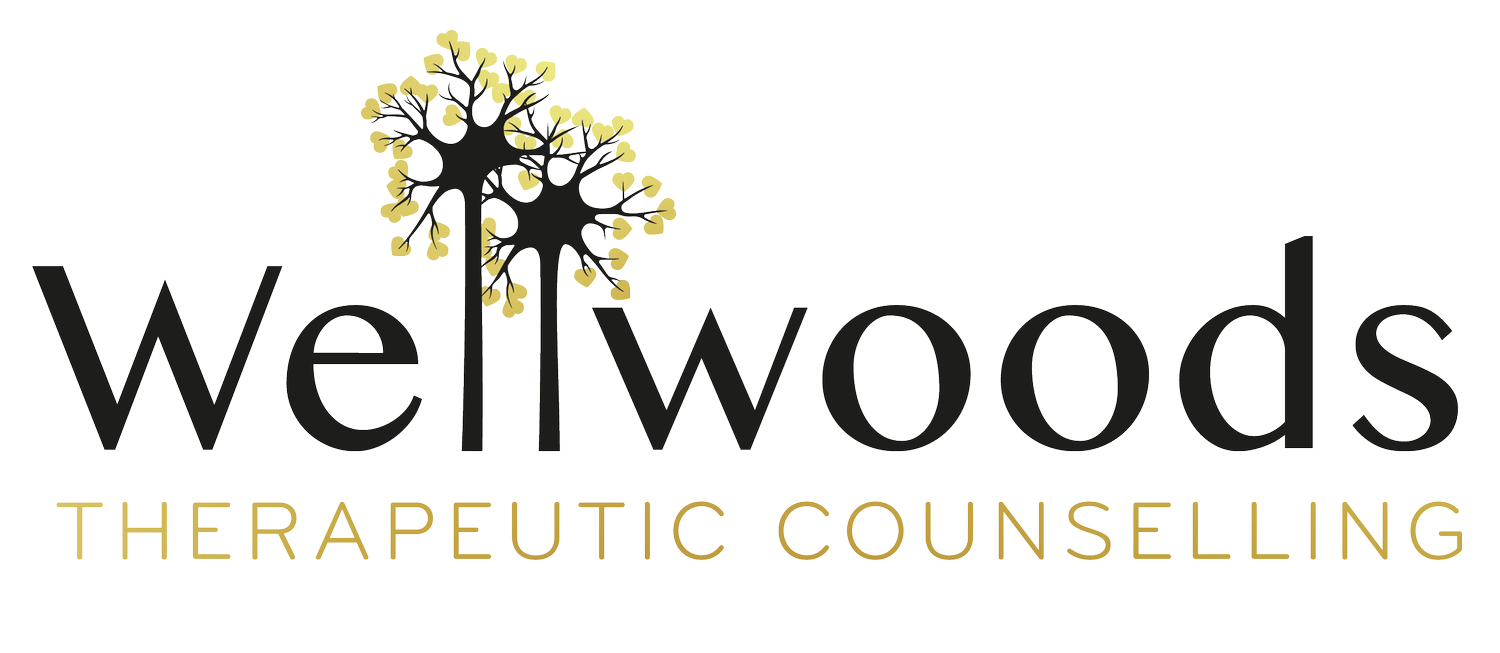Befriending Shame
If it seems as though you can never do enough to satisfy the voice in your head that demands more and better, you are not alone in your struggle. This lurking inner darkness, whether it takes shape as a bully, a task-master or some amorphous demon, is familiar to many. Rather than push shame away or attempt to be rid of it, I have learned to see it as a part of myself that wants to help me, despite habitually undermining me, and to embrace it.
“we must first understand that what is happening inside of us is a natural part of our survival conditioning. It is part of being human, and is really not our fault.” -Tara Brach
For years, I felt helpless in the face of my self-shaming habits. No matter how many times I looked in the mirror and told myself I was loveable, I would still find myself in the bottom of a pit of self-loathing that made it hard to get out of bed some days. I blamed the insecurity I felt on my lack of discipline, spiritual insight and grit. I constantly tried to change myself. In these attempts to control the pain, I used spiritual practice in a regimented and punishing way. But I could never do enough and I spiralled further into feelings of failure. I felt hopeless and possessed.
Desperation led me to seek help. Slowly, through the words and examples of wise teachers and elders, as well as a lot of inner exploration, I have come to see my self-denial and denigration as childhood strategies intended to protect me from perceived worse outcomes, such as rejection and abandonment. One of those teachers, the buddhist meditation teacher Tara Brach, reminds us that we didn’t choose the conditions of this life and in order to stop blaming ourselves, “we must first understand that what is happening inside of us is a natural part of our survival conditioning. It is part of being human, and is really not our fault.”
Instead of a village and many hands and hearts to guide me, I was born to two stressed out and insecure parents, who likely felt almost as powerless to change things as I did, and a culture driven by scarcity and competition, where unconditional love and safety are in short supply. My child-self did not blame my family or culture for the pain they unconsciously caused me, as this would have risked key relationships and my survival. Instead, I shamed and blamed myself in my desperation to fit in and be loved. My attempts to rid myself of this wounded inner child part, which was after all just trying to protect me, reinforced my own worst fear of being rejected, and drove my self-worth ever lower.
I’ve mostly stopped trying to eliminate the parts of myself that I do not like, and developed the skill of understanding and embracing them. But, it’s an ongoing practice. I still hear those judgemental voices, except instead of banishing or fighting them, I start by acknowledging them. I have learned to say thank you to the misguided efforts of my shame. Then, I wrap my arms tightly around myself, or call someone I trust to hold me for a while.
I have discovered a secret that I wish my child-self knew: When I sing soothing songs to those harsh and judgemental voices lurking in dark places, eventually they come out of the shadows and join the chorus.
.

